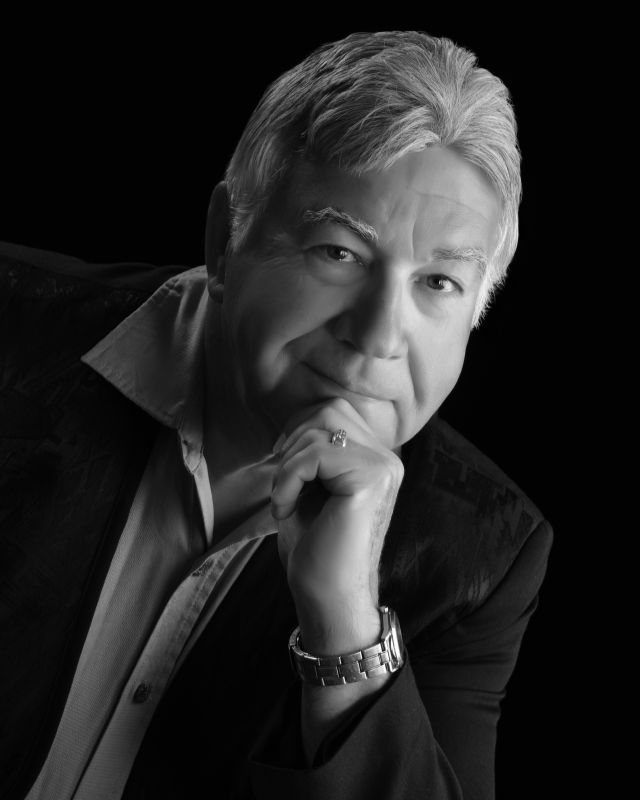Enduring Power Of Attorney
Do You Need One?
Although almost half of Canadians do not have a Will-even fewer know about or have in place, an Enduring Power of Attorney. Yet, for a middle aged man, for example, the chances of becoming incapacitated by an accident or disease are over 3 times greater than the chances of premature death. Most of us in mature years, force ourselves to contemplate the reality of our mortality. Far fewer can envisage a circumstance of mental deficiency for themselves.
Many are acquainted with the concept of a Power or Attorney. Historically, Powers of Attorney have been assigned to cover specific circumstances, for example, when a snowbird spends winters in Palm Springs and wants Canadian bills paid or investments managed. Central to the Power of Attorney concept is the little recognized fact, that power is terminated immediately, if the grantor loses mental capacity. This leaves the person's affairs to drift, while the family and attending physician gather documents to to satisfy the Court's legal requirements to appoint a Trustee. Under Canadian law, a Power of Attorney is only as good as the mind of the person who grants it. The Power of Attorney depends on the person's ability to confirm its existence and to revoke it. In other words, you lose the benefit of a Power of Attorney when you need it the most.
To deal with this problem, the law provides for an ENDURING Power of Attorney. The document specifies that the Power of Attorney will remain in effect if you become mentally incapacitated. In B.C. you are required to consult with a Lawyer to prepare a EPA, because the level of control that such a document provides.
Keep in mind that an Enduring Power of attorney only deals with financial affairs. It does not deal with personal decisions such as whether or not to employ life sustaining medical procedures to prolong life. These issues are dealt with through a separate legal document called a Personal Representation Agreement.
